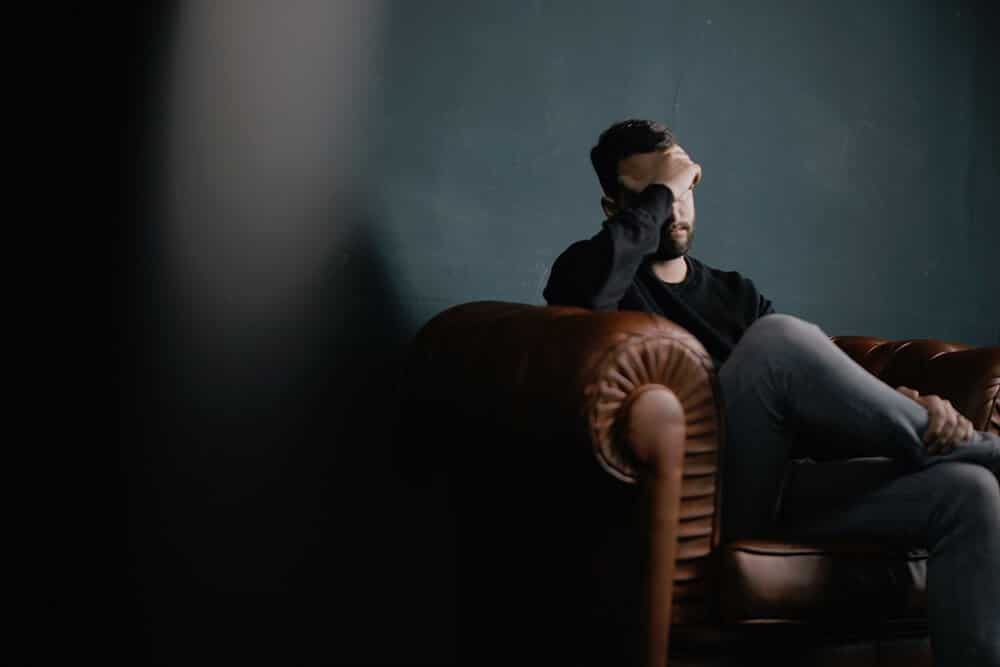When your concussion symptoms last longer than the expected recovery time, it’s possible you have post-concussion syndrome (PCS). These are also known as persistent post-concussive symptoms. While concussions can be mild and heal relatively quickly, sometimes their symptoms last past when your doctor said you should be recovered by. Since this injury deals with your brain, it’s important to talk to your doctor immediately to see if you have PCS.
If your concussion was caused by someone else’s negligence, then you should hold them responsible for their actions. A Philadelphia brain injury lawyer from Shrager, Sachs, & Blanco can help you get justice for your injuries and recover damages for what you’ve gone through.
Let’s take a look at the signs that you might have PCS so that you can identify your symptoms.
Signs You Have Persistent Post-Concussive Symptoms
As mentioned above, if your symptoms aren’t going way as your doctor said they would, then you might be suffering from persistent post-concussive symptoms. According to Mayo Clinic, these are the symptoms that you will likely be experiencing if you have PCS:
- Headaches
- Dizziness
- Fatigue and insomnia
- Irritability
- Anxiety
- Memory loss
- Trouble concentrating
- Ears ringing
- Vision problems
- Sensitivity to noise and light
These are all symptoms of a regular concussion. That’s why PCS can be hard to spot—you might not even realize that your symptoms are occurring past the date when your doctor said you should be healed. But when these symptoms persist and don’t go away, then you could be suffering from PCS.
It’s important to note that the headaches you could experience is most likely a tension headache or a migraine. These headaches are typically from a corresponding neck injury that you suffered at the time of the brain injury and can make your symptoms more painful.
If your concussion isn’t healed by the time your doctor said you should be better, then you could have PCS and need to talk to your doctor about your symptoms. They’ll be able to reassess your injuries and determine if you are suffering from persistent post-concussive symptoms.
How You Could Have Gotten PCS
The best way to avoid PCS is to avoid head trauma, but that’s easier said than done. When someone else caused your injuries, it’s impossible to avoid what type of damage is done to your body. You could have gotten a concussion from a car accident, a slip and fall, or from playing a contact sport. What’s essential is that no matter how you got your brain injury, you seek medical attention immediately so that you can be diagnosed and begin treatment as quickly as possible.
Depression, anxiety, and PTSD are all risk factors that could lead to you developing PCS after a concussion. This means that if you already had depression, anxiety, or PTSD before your concussion, then you could be more likely to suffer from PCS after your concussion symptoms should have subsided.
When you suspect you have a concussion and you get evaluated by a medical professional, be sure to mention if you have any of these mental health conditions so that they can be more aware of your health and can monitor your symptoms more appropriately. If head trauma is not handled carefully and properly, then you could have lasting effects for the rest of your life.
Shrager, Sachs, & Blanco Can Help You
Concussions can range from mild to severe. While most concussions heal after rest and reduced screen time, some can have persistent symptoms that keep you from getting back to feeling like your typical self. The healing process can seem to go on forever, and this can make your life more difficult because you still have bills to pay, but you might not be able to return to work yet because of your head injury.
When someone else’s negligence is what caused your injuries and damages, then you could use the help of a brain injury lawyer in Philadelphia. At Shrager, Sachs, & Blanco, we understand how vulnerable and helpless you might feel after a concussion that keeps you from working. The medical bills and your regular costs of living are adding up, and you need help. With us on your side, you can recover the compensation you deserve so you can continue to focus on healing.
Reach out to our firm today so we can get started on your potential claim.









